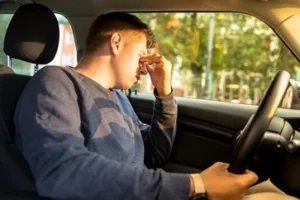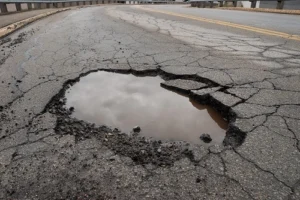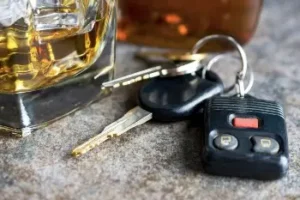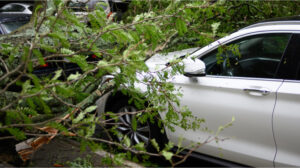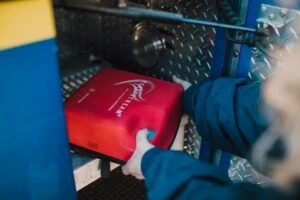
Good Samaritans are people who jump in when a catastrophic accident or a sudden cardiac arrest occurs and there is no medical professional around. In some cases, they may perform CPR on an injured or compromised person, or in the case of a heart attack, use an automated external defibrillator (AED) to administer an electric shock to the chest to reset the heart’s rhythm while they wait for an ambulance after a 911 call.
Under the Good Samaritan laws, the party whose life was saved in good faith by a bystander cannot sue the person who saved it when they made a mistake in an emergency and caused other injuries, unless the Good Samaritan committed gross negligence or acted intentionally to harm them. This law encourages bystanders to act because, in the case of a heart attack, death could occur within minutes, often before the ambulance arrives, if CPR and an AED are not used.
What is an AED?
An AED is a small, brightly colored box with imprinted hearts and the letters AED. It administers an electric shock to the heart of someone in cardiac arrest and restore their normal heart rhythm. The box uses voice messaging to walk the Good Samaritan through the process of attaching pads, and the box then analyzes the person’s heart rhythms. When it determines a shock is necessary, it administers the shock and guides whoever is performing CPR on when to pause and when to continue.
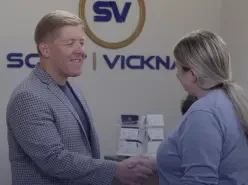
Injured on Someone Else’s Property?
Know Your RightsOur expert premises liability lawyers will help you hold negligent property owners accountable.
Get a Free Case Evaluation
504-500-1111Good Samaritan Laws
The state has enacted two Good Samaritan laws, one that protects bystanders with good intentions (Louisiana Revised Statutes 9:2793) and one that protects medical professionals (R.S. 37:1731). When the aid rendered causes further unintentional injuries, the injured party cannot sue for damages. Medical professionals include:
- Nurses
- Dentists
- Physicians
- Surgeons
- Veterinarians
- Physicians’ assistants
- Emergency first responders
Medical professionals who are not licensed in the state are protected by state statutes when they are licensed in another state and are not grossly negligent. These comprehensive Good Samaritan laws protect all persons acting responsibly to aid someone who is injured, but both bystanders and medical responders are liable when they are grossly negligent.
Expanded Rules and Protection for AED Use
Louisiana R.S. 40:1137.4 protects medical professionals and entities that purchase and authorize programs that get AEDs out to the public. Physicians and nurses who authorize an AED’s purchase, provide training in cardiopulmonary resuscitation using an AED, qualify as an AED purchaser, or provide security for the AED storage area will not be liable for their acts or omissions concerning the operation of the AED when they injure someone. However, when they are grossly negligent, or their conduct wantonly disregards the interests of the injured party, the injured person could file a lawsuit.
Harmed by a Dangerous Defective Product?
We’re Here for YouOur experienced product liability attorneys will fight to secure the compensation you deserve for your injuries.
Schedule a Free Consultation
504-500-1111Contact an Attorney When You Have a Good Samaritan AED Case for Compensation
When you received or administered aid during a heart attack in which an AED was used, the question is whether gross negligence was involved, which can negate the protection from the state’s Good Samaritan laws. Contact a lawyer at Scott Vicknair who can help you sort through the facts and fight to get you compensation and justice when you have been wronged. If we don’t win your case, you will pay us nothing.
